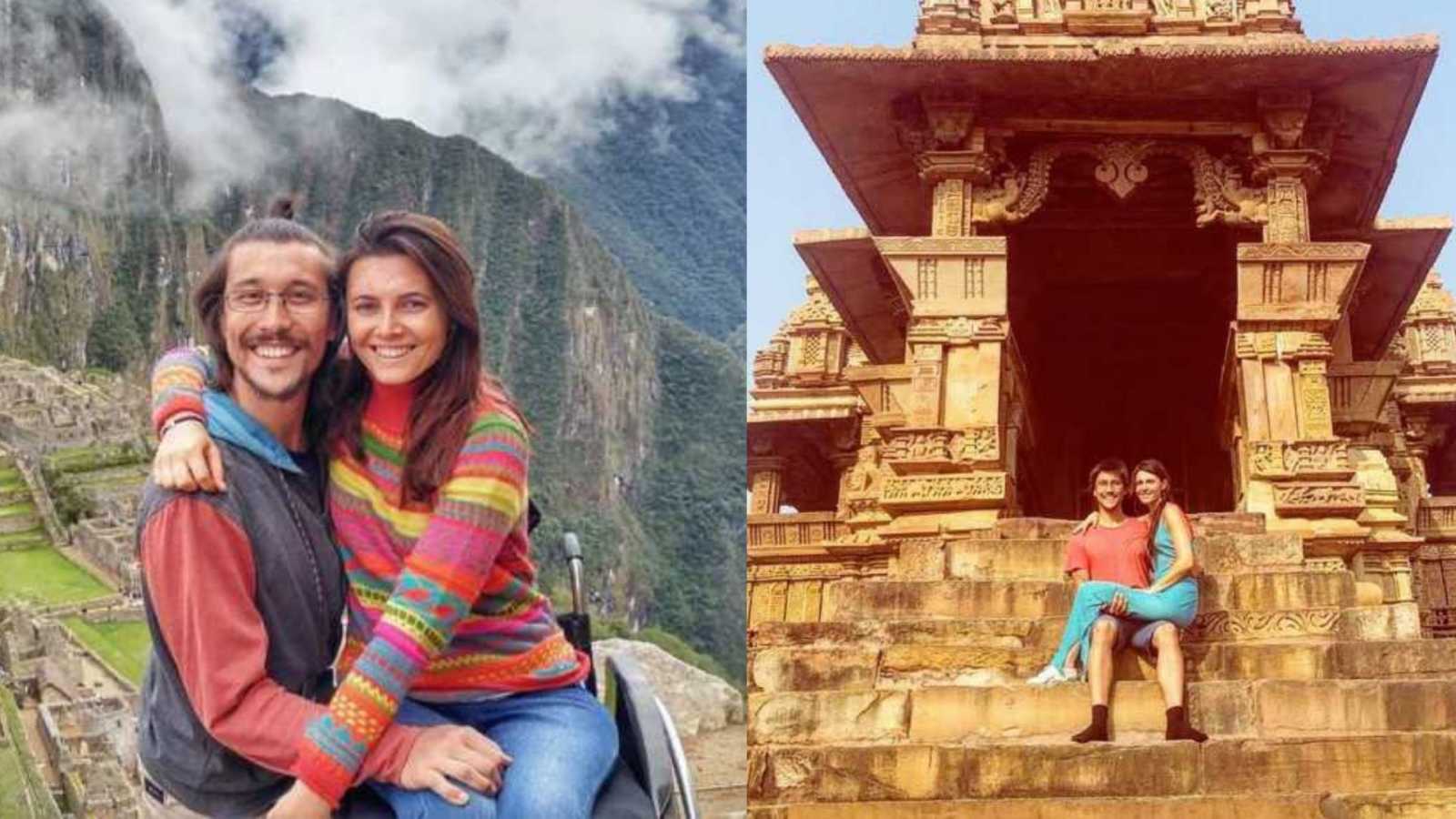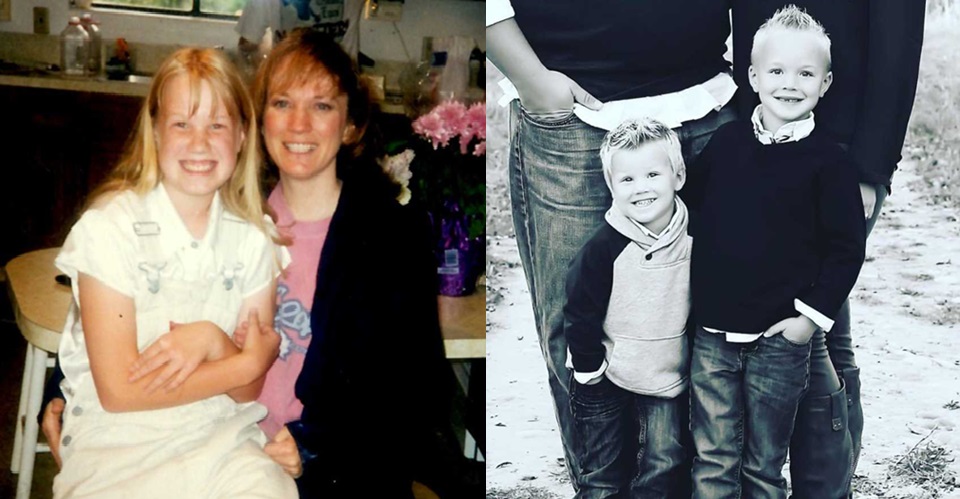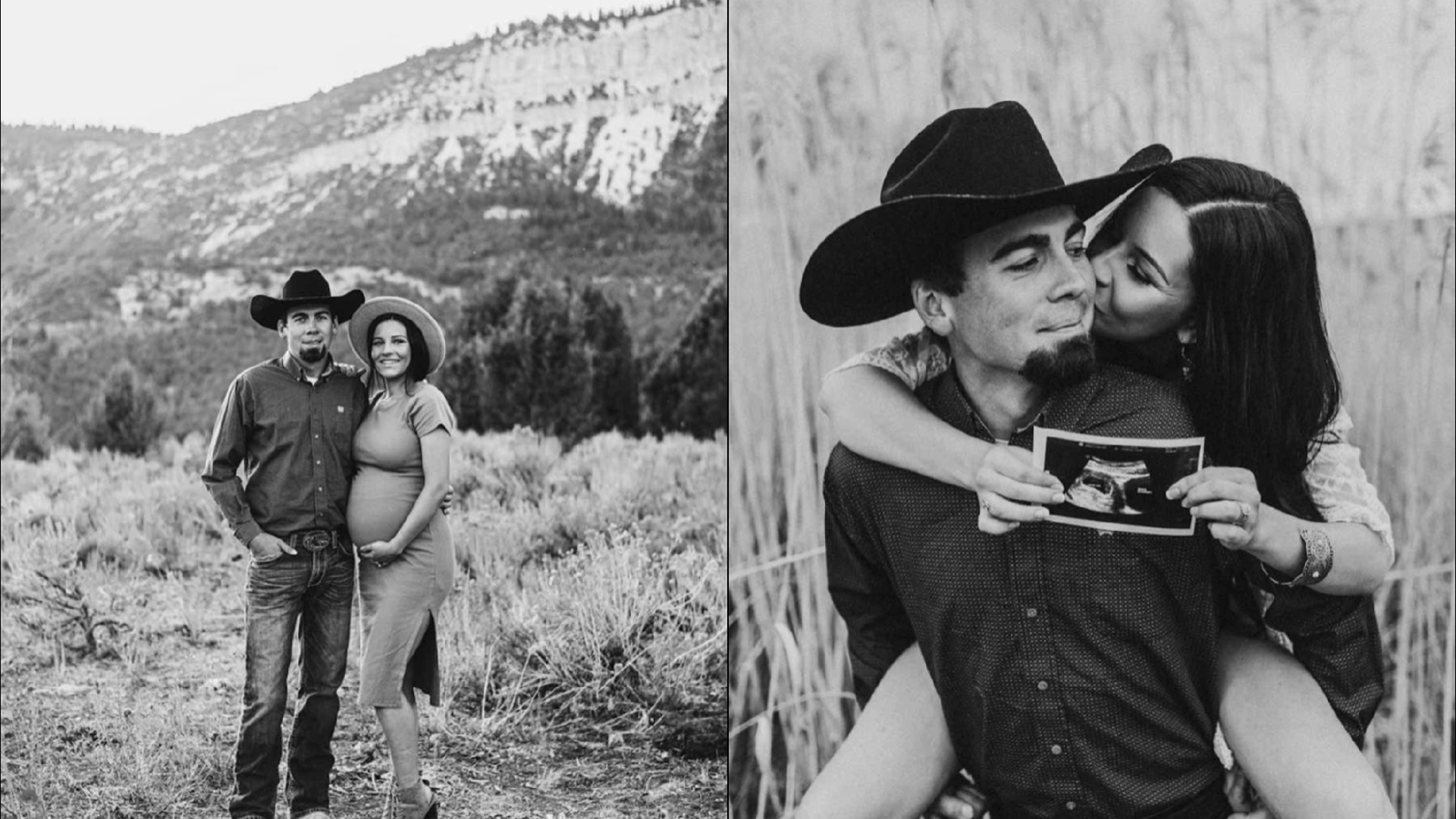My name is Giulia, and my life changed forever on October 6th, 2011. I was 19, enjoying the end of summer, when a small scooter accident changed my world upside down. It wasn’t a affected crash, just a simple slip but it left me with a broken vertebra in my spine.
I remember the moments afterward in trashes: the ambulance, the flashing lights, my parents’ worried faces. One memory stays richly clear to a calm, warm hand resting on mine after surgery. I don’t know whose it was, but it’s one of the few cheering things I hold against that day.
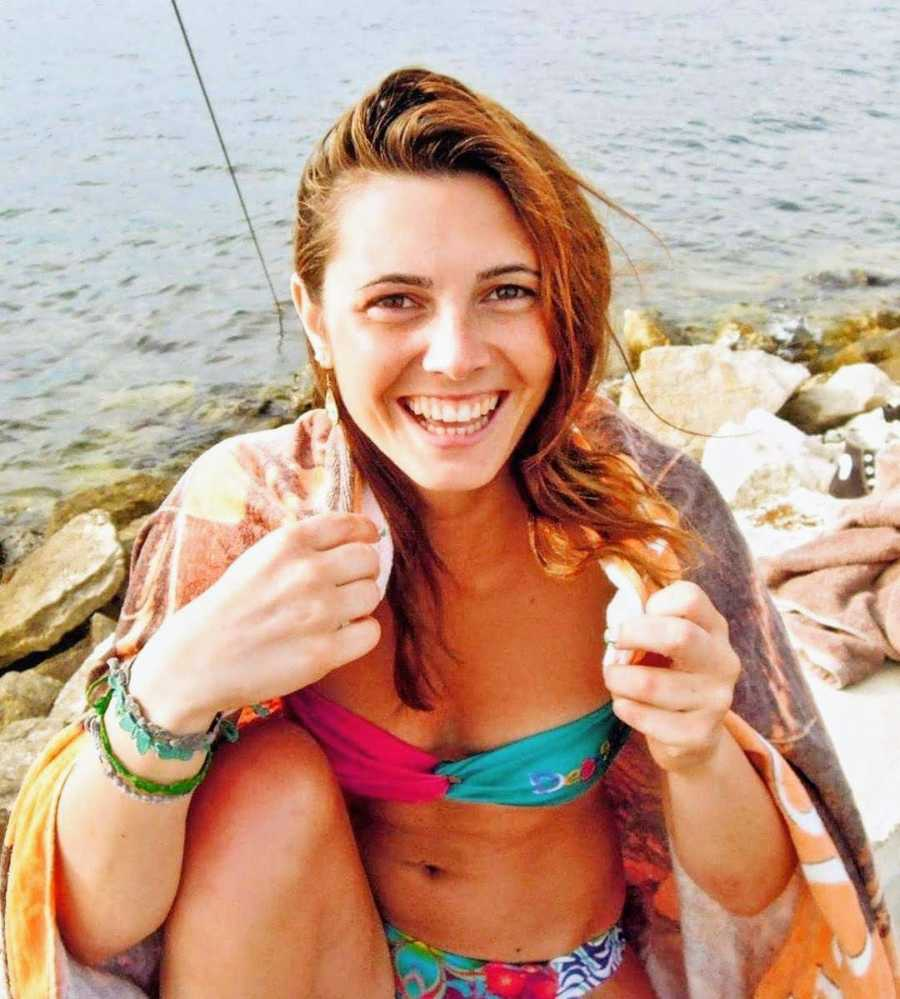
When I became fully awake, I understood that something had changed in a deep and telling way. My legs felt foreign, lifeless, separated from the rest of me. I tried to comfort my parents, telling them I could feel their touches, but I knew deep down that wasn’t true. It was the start of a long journey of getting, version, and detection.
Weeks later, the diagnosis arrived: incomplete paraplegia. The injury to my spinal cord meant that I would trust on a wheelchair to get around on my own. For my parents, this news was overwhelming, almost too difficult to accept. For me, however, it was something I had quietly started to anticipate. My life had always been active, filled with the energy of competitive volleyball and tennis, and dreams of becoming a tennis coach. Suddenly, all of that seemed not easy.

The first months were some of the hardest of my life. I felt overwhelmed and lost, uncertain how to even start living again. But giving up was never an option. I wanted independence. I wanted freedom. I wanted to feel alive again. Slowly, through therapy and resolution, I learned to navigate the world from a wheelchair. Our relationship is complex. I resent it sometimes, for all it represents. Yet, I have learned to respect it because it allows me to do more than I could have imagined.

Over time, I built my life. I designed my home and kitchen so I could move freely, drive, and maintain my independence. I returned to work and involved everyday life with a renewed perspective. But it was travel that truly reignited my soul.

During recovery, I met Andrea, a young physiotherapist completing his internship. We spent hours talking, laughing, and sharing small moments each day. By the end of his job, he asked me to travel with him to Australia once I left the hospital. I hesitated at first, unsure if I could allow myself to be close to someone romantically again. I be afraid of rejection, feared that no one could love me as I was. But I said yes. That trip became the first of many adventures that would define our life together.

Andrea and I are now married, inseparable traveling companions. Together, we’ve explored more than 23 countries and 80 cities: Machu Picchu, the Great Wall, Japan, India, Sri Lanka. He carries me where I cannot go, and we face every challenge together. Traveling has shown me that life’s limitations are often smaller than they seem. In the water of Indonesia, on a remote archaeological site in Peru, I forget, even if just for a moment, that I cannot walk.

Using a wheelchair has shown me not only the challenges I face but also the new opportunities that have opened up in my life. I cannot reverse the past, nor can I regain the life I had before that accident. But I can see the world, pursue dreams, and live fully in ways I never imagined. Strength comes in different forms. I found mine in love, in oddity, in adventure, and in refusing to settle for less than what life can offer.
If I could offer one piece of advice to anyone facing a challenge, it’s this: find what makes you feel alive, what brings you joy, and pursue it relentlessly. Don’t let others define your limits. Break the rules that hold you back. You hold the ability to decide how you react when life presents its challenges.
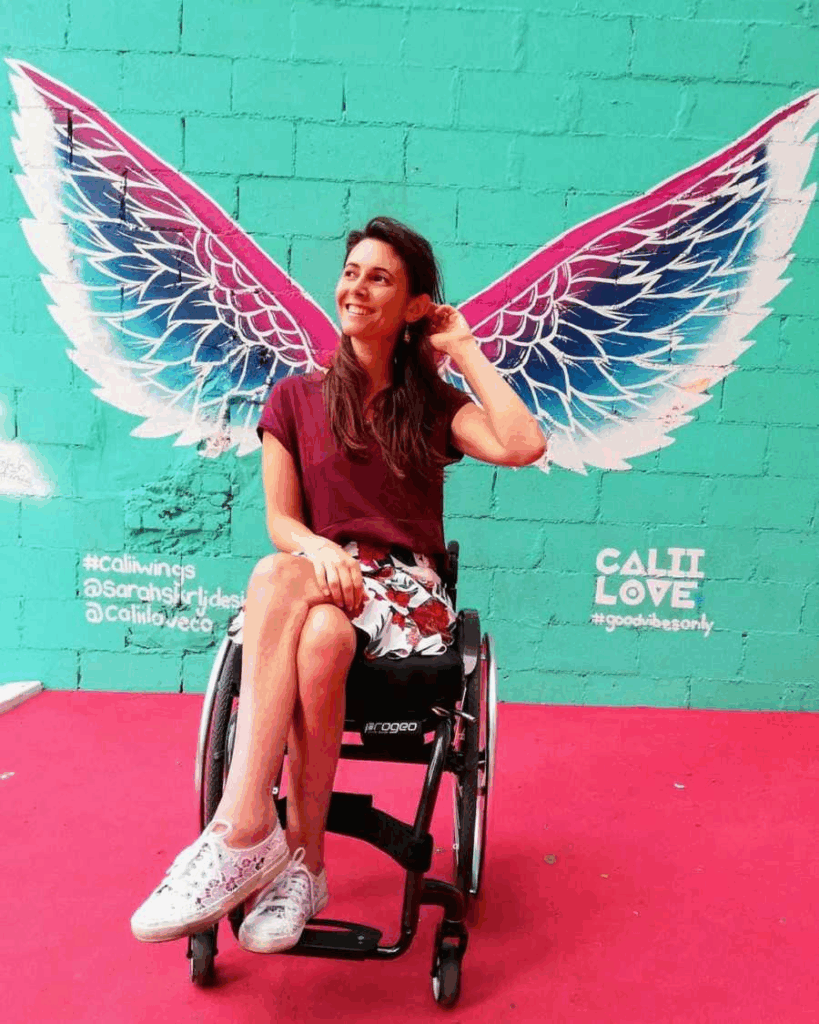
You may lose almost everything your health, your plans, the way you imagined your future but you can never lose determination. You can never lose the will to live fully. That is yours, and it is powerful. Choose to hold it, and let it guide every step of your journey.
